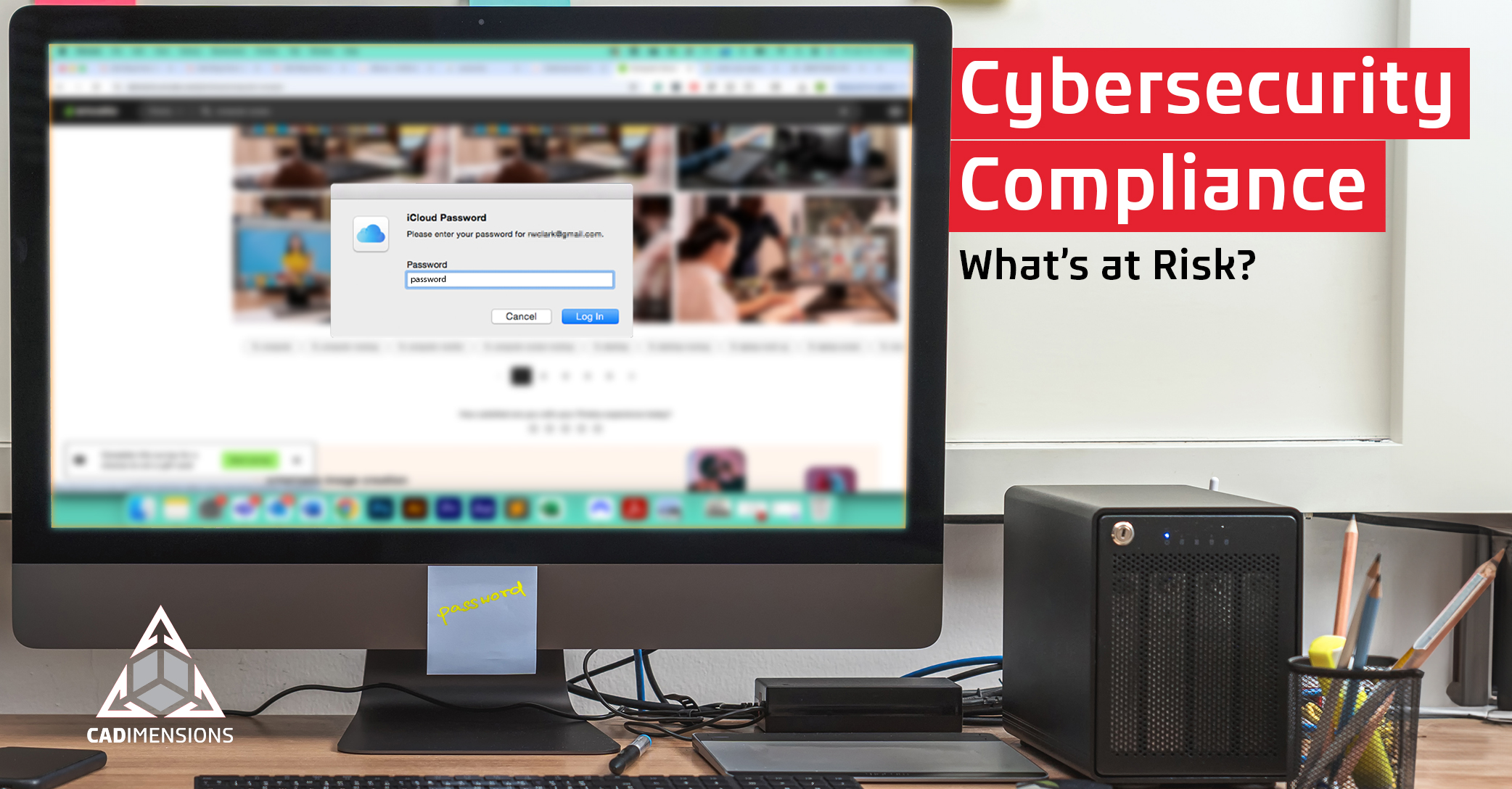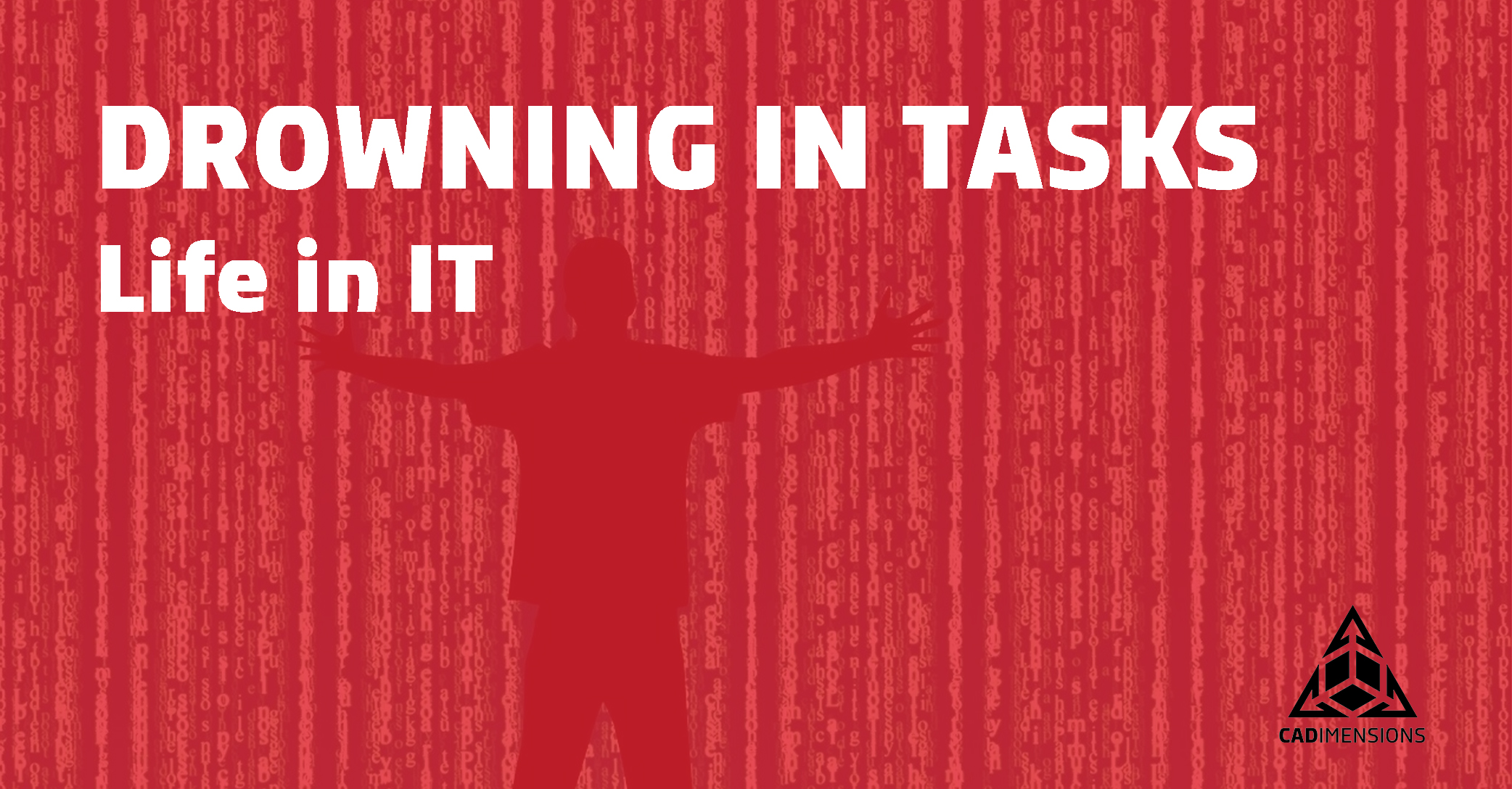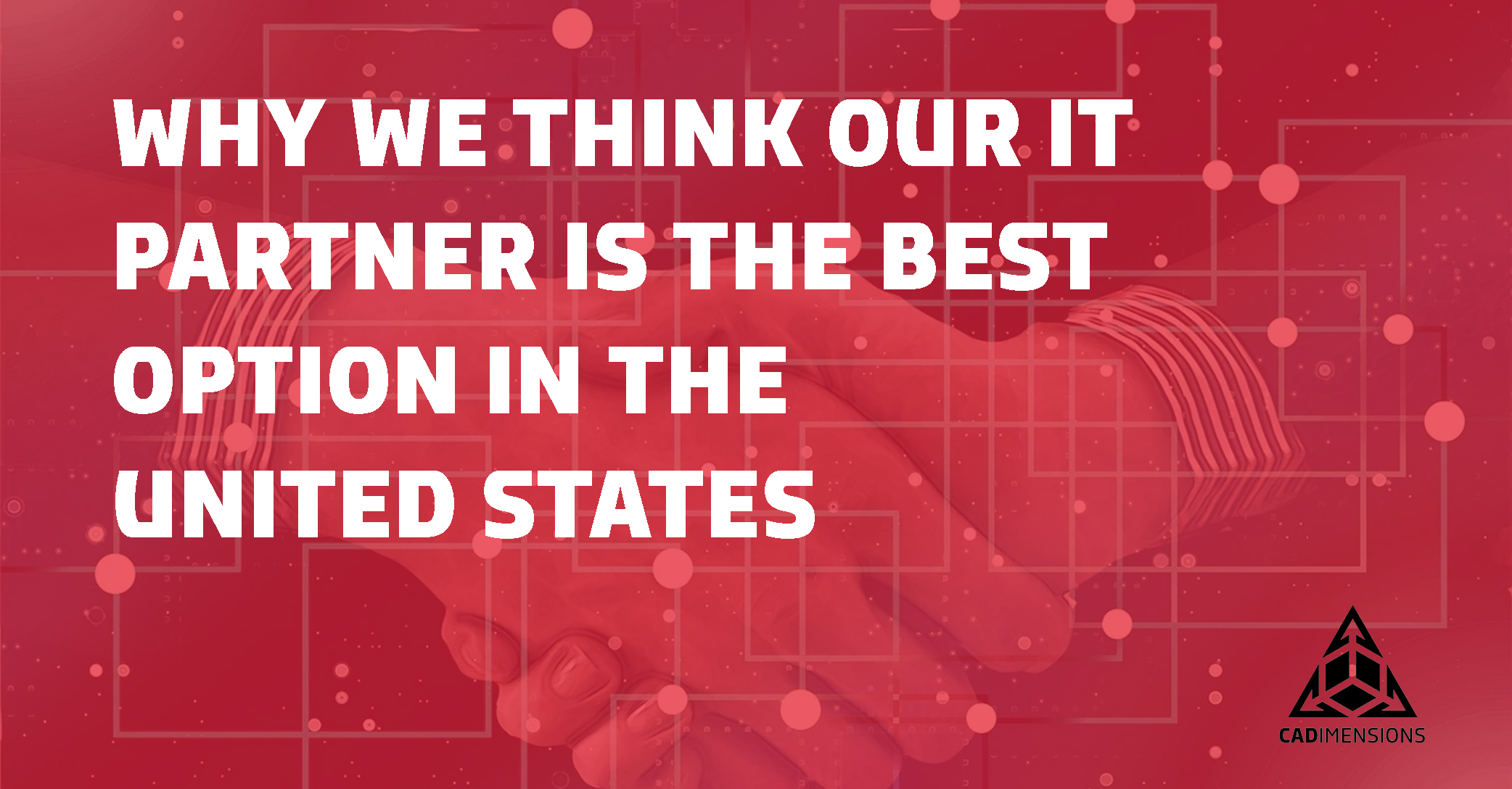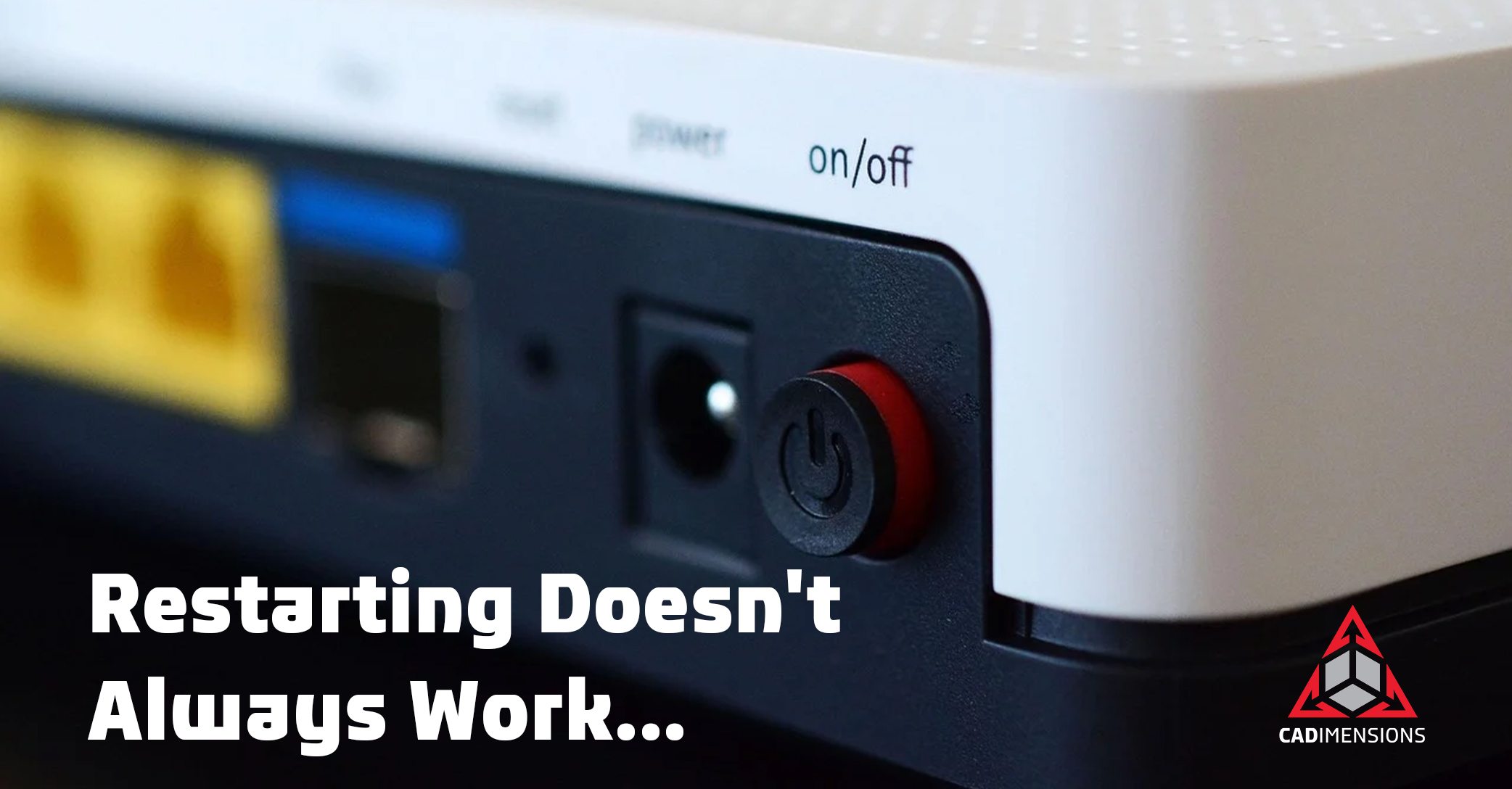Cybersecurity Compliance: What’s at Risk When You Fail and How to Stay Ahead
Imagine waking up to find your company locked out of its own data – not by accident, but by a preventable security failure. For manufacturers, engineers, and designers, this isn’t a far-fetched scenario, it’s an increasingly common reality in today’s threat landscape. As cyberattacks grow more sophisticated and regulations tighten, cybersecurity compliance has become not just a best practice, but a business imperative. Falling short doesn’t just risk your data, it jeopardizes contracts, client trust, and your entire operation. The core message is clear: non-compliance is a ticking time bomb, and the countdown may already be underway.

The Real Cost of Cybersecurity Failure
The true cost of cybersecurity failure goes far beyond a temporary systems outage. A single data breach can trigger massive financial fallout, regulatory fines, legal liabilities, and mandatory reporting that can cripple a business. But the damage doesn’t stop there. Loss of client trust and a tarnished reputation can take years to rebuild, if at all. In manufacturing and engineering, where confidentiality and precision are paramount, even a brief disruption can halt production lines and delay critical projects.
In 2023, 23andMe suffered a major data breach affecting nearly 7 million users, due to a GDPR compliance failure and lack of enforced multi-factor authentication (MFA). The attack, known as "credential stuffing," was entirely avoidable with basic security measures like MFA, anomaly detection, and stronger user protection policies.
Don’t Wait Until It’s Too Late
Too many companies take a reactive approach to cybersecurity, scrambling to respond only after an incident has already occurred. This mindset leaves organizations dangerously exposed, as bad actors are constantly probing for the smallest vulnerabilities to exploit. A missed software update, a poorly configured firewall, or a lapse in employee training can open the door to devastating breaches. Compounding the risk is a rapidly evolving regulatory landscape, with frameworks like CMMC, NIST, and ITAR becoming increasingly stringent. Staying compliant isn’t just about checking boxes, it requires ongoing vigilance and adaptation. The companies that thrive in this environment are the ones that prioritize proactive security measures before disaster strikes.

The moment ransomware locks you out, it’s too late to realize your recovery plan doesn’t work.
How the CADimensions and Advance2000 Partnership Can Help
The partnership between CADimensions and Advance2000 offers a powerful, holistic solution for companies looking to stay secure and compliant in today’s digital landscape. CADimensions brings deep expertise in engineering workflows and digital infrastructure, ensuring your tools and processes are optimized for efficiency. Advance2000 complements this with industry-leading, secure cloud-based IT solutions designed for high-performance teams. Together, they deliver a seamless offering that includes secure cloud hosting for CAD and engineering data, compliance-ready infrastructure aligned with regulations like CMMC and ITAR, and proactive monitoring backed by expert support. It’s a strategic alliance built to protect your operations, safeguard your data, and keep you ahead of evolving cybersecurity demands.

What You Can Do Today
You don’t have to wait for a breach to act, there are steps you can take today to strengthen your cybersecurity posture. Start by evaluating your current compliance status: Are your systems aligned with industry standards like CMMC or NIST? Do you have secure backups and access controls in place? Is your team trained on identifying cyber threats? If you're unsure where you stand, it's time to get clarity.
The CADimensions and Advance2000 partnership offers a smart, future-proof investment – combining engineering expertise with secure, compliance-ready IT solutions tailored to your industry. Reach out today to schedule your assessment to take control of your cybersecurity now before someone else does. Your business, your data, and your reputation depend on it.
Ready To Strengthen Your Cybersecurity Compliance?
A professional Cybersecurity Risk Assessment uncovers hidden gaps and gives your business a plan to stay secure and audit-ready.
Start your assessment before it's too late!

















